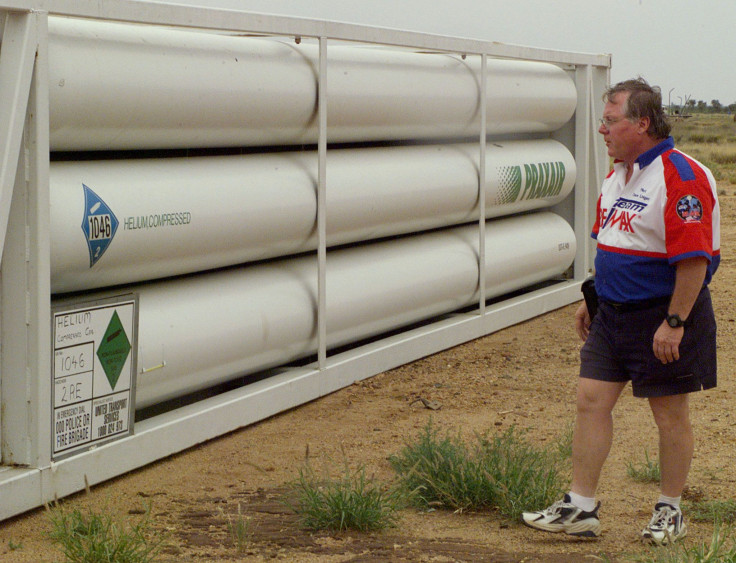Huge helium discovery in Tanzania an immense relief amidst world shortage and dwindling reserves

A Norway-based exploration company, working with Durham and Oxford universities, has discovered vast reserves of the rare vital gas helium in Tanzania. The scientists believe that this massive reserve of the rare gas may rescue the world from a shortage.
The vital gas is widely-used in numerous applications such as in MRI scanners, welding and even in the Large Hadron Collider. However, due to marked decrease in global stocks, there has been pressure to even ban use of the gas in party balloons.
The exploration company discovered 54 billion cubic feet of the gas in Rift Valley, which may be enough to fill 600,000 Olympic-sized swimming pools. This is for the first time that helium has been discovered intentionally. The find is equivalent to about seven years of global helium consumption.
University of Oxford professor Chris Ballentine predicted that the current helium reserves would run out in the next 15 to 20 years. Ballentine was part of the UK team who worked with the Norway-based company to make the discovery in East Africa.
The problem with the helium gas is that it is extremely light like hydrogen. The gas cannot be reused as once used, helium vents into the atmosphere and escapes into space. Ballentine described this discovery as a “game-changer for the future security of society’s helium needs.” He also pointed out that similar such finds may not be far away.
While helium is readily available in the universe, it is hard to find on Earth. When our planet formed, it was able to exclude all light gases, especially helium. However, the quantity we have today in our planet was formed by natural radioactivity found in rocks. Thorium and uranium found in tiny levels in rocks decay to form helium.
Science director and deputy director manufacturing at the CSIRO, Dr. Cathy Foley, said that Australian industries are heavily dependent on helium. She believes that the rare gas is an indispensable resource that must be used responsibly.
“In Australia the need for liquid helium is quite high and growing all the time because we've got a great health system, and also because we've got absolutely fantastic research which uses this. And a really good example is the work that's being done in many places, our development of quantum computers which is the future of quantum systems, data and information. Being able to solve really big problems will really rely on the ability to have liquid helium,” Foley told the ABC.





















